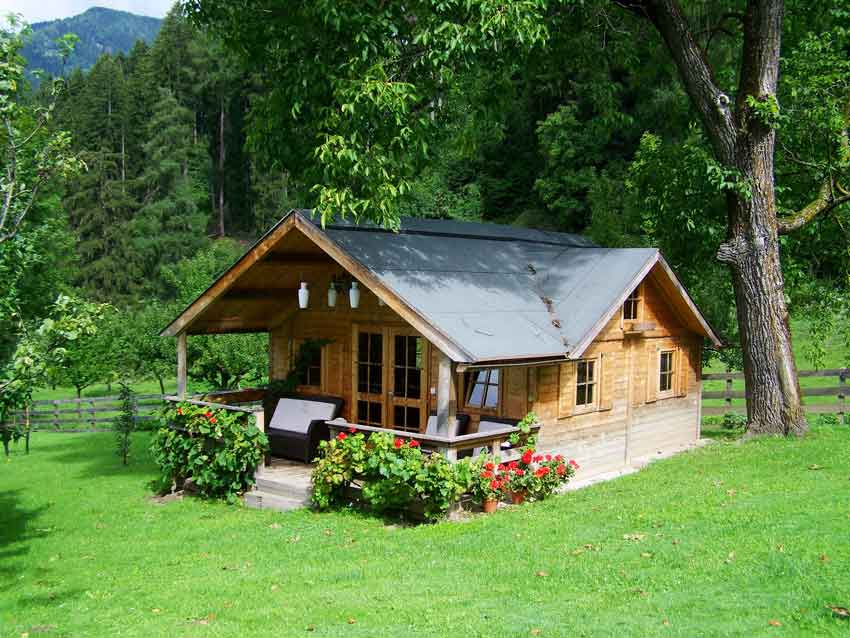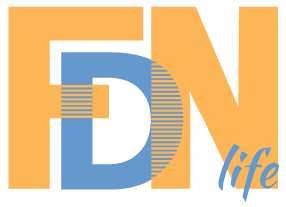
MIND & SOUL >
The approach and perspective of a new year is always a fantastic time to take action towards making changes in life. As such, stepping into 2020 with a clear mindset and clutter-free work and lifestyle environment can set you up for success, if you could let go of the old to give space to the new. Most of us accumulate so much during our life, but cleaning up and de-cluttering is never an easy task.
For most FDNs that travel or move to different destinations, having too many possessions makes it a lot harder and unpractical. Living a more minimalist lifestyle may sound like something unachievable, but minimalism does not mean not having a house, a car, a family, clothes, or any possessions. Minimalism is not about how little you have, but about freeing yourself from the things that are holding you back and cluttering your life. It is about detaching yourself emotionally from material objects and finding freedom within.
Does this sound like something you want to do in 2020? We put together a few steps that can help you with your journey to a more minimalist lifestyle in 2020.
IT IS TIME FOR A DEEP CLEAN
Over time we accumulate a lot of things, anything from supermarket receipts to old cellphones. Most of these things are unnecessary.
- Firstly, go through all your paperwork and things you have around the house. Separate everything that can be recycled or donated. (I am sure you will be surprised by how many unnecessary things are just lying around.)
- Secondly, clean out your wardrobe/closet. Separate items into categories of what you use most, what you use less often, and those items you never use. My rule of the thumb is, ‘what I haven’t used for a whole year I will not use again.’
To-Do: Never just throw away things. Someone else might be in dire need of the item. Rather donate everything to your local charity, host a garage sale, or give the items to someone in need. De-cluttering will help you feel more free, while at the same time leave you with feelings of joy that you could help others.
There are also plenty of online platforms and websites that you can advertise and sell your belongings on. Check which websites work best in your country. Here are a few suggestions, eBay, Poshmark, The Real Real (luxury consignment store), and Kidzen (kids’ clothing only).
CLEAN IT AGAIN
Give it some time, but after several weeks go through the cleaning process again. You might notice that there are still many items you never use or don’t need. Recycle old papers, fix broken electronics or clean out the garage and all the garbage it’s been collecting. This second cleaning will be more difficult than the first one since you’ll have to let go truly.
Bea Johnson, the author of Zero Waste Home, is a true inspiration of what minimalist living is. Bea inspires and helps others to embrace minimalism, and how to put together your wardrobe of 50 outfits from only 15-pieces of clothing.
This level of minimalism might be unachievable for most people right now, but it is a good idea to start practicing living with less and taking a more practical view of your possessions rather than an emotional one.
During the second cleaning phase, consider what is practical and only keep what you genuinely need, use, and like a lot. It can be hard to let go of material possessions, but after it is gone, most of us signed in relief and felt lighter and freer.
EMOTIONAL DETACHMENT FROM MATERIAL OBJECTS
It will be easy to let go of some items, while it’s more difficult to let go of objects and clothing that holds sentimental value but has no real practical value.
Letting go is a process that is learned over time and necessity. For those who have been on the FDN road for a while, know that traveling and moving with a lot of possessions is not practical.
If you still feel letting go is not an option, keep a little emotional connection with your treasures from the past by creating a memory box. It is just a small box where you can keep things that are important to you and reminds you of your travels and special moments. Place photos, concert tickets, those beloved fridge magnets, and all your little treasures in it. (As long as it is small enough to fit inside the box.)
“I have memories – but only a fool stores his past in the future.” – David Gerrold
THINK BEFORE YOU PURCHASE
If you went through all the steps above to de-clutter, don’t be tempted to purchase everything again.
Letting go of possessions is not a once-off project, but an ongoing process and conscious effort not to purchase anything you don’t need.
Most things we buy are by impulse or due to influence from others. If you are pursuing a minimalist lifestyle, having less means more freedom and less physical and emotional attachments to unpractical or useless objects.
A good way to go about new purchases is to use The Buyerarchy of Needs.
The Buyerarchy of Needs is a simple concept of thinking before you purchase. We live in a consumerist society where most times when you need something, you just buy it, but if we give some extra thought to it, we will come to realize that we could make do with what we have. If not, can you borrow from a friend or neighbor, swap, or get it second-hand?
We live in a pretty technological world, where if you don’t have something, it is very likely someone nearby does. Use Facebook groups to get in touch with your community, swap, borrow, rent, and buy second-hand. There are also websites such as Rehash and FreeCycle, where you can swap or get donations for almost anything.
GIVE BEFORE PURCHASE
In closing, if you do decide to purchase something, it’s always a great idea to let go of something you already possess.
‘Buy less. Choose well. Make it last. Quality, not quantity.’ – Vivienne Westwood
Living a minimalist lifestyle makes cleaning easier (no more piles of papers and clothing floating around), travelling and moving to other destinations are less complicated (less packing and unpacking), and by spending less you will probably have a lot more money to spend on what matters more in life such as doing a course to improve your skills, investing in your business, or, on experiences and travel.
FDN LIFE >
AUTHOR
Nathalia Pereira da Silva
SUBSCRIBE TO
FDN LIFE NEWSLETTER!
Join our mailing list to receive the latest news, information, and special offers.

